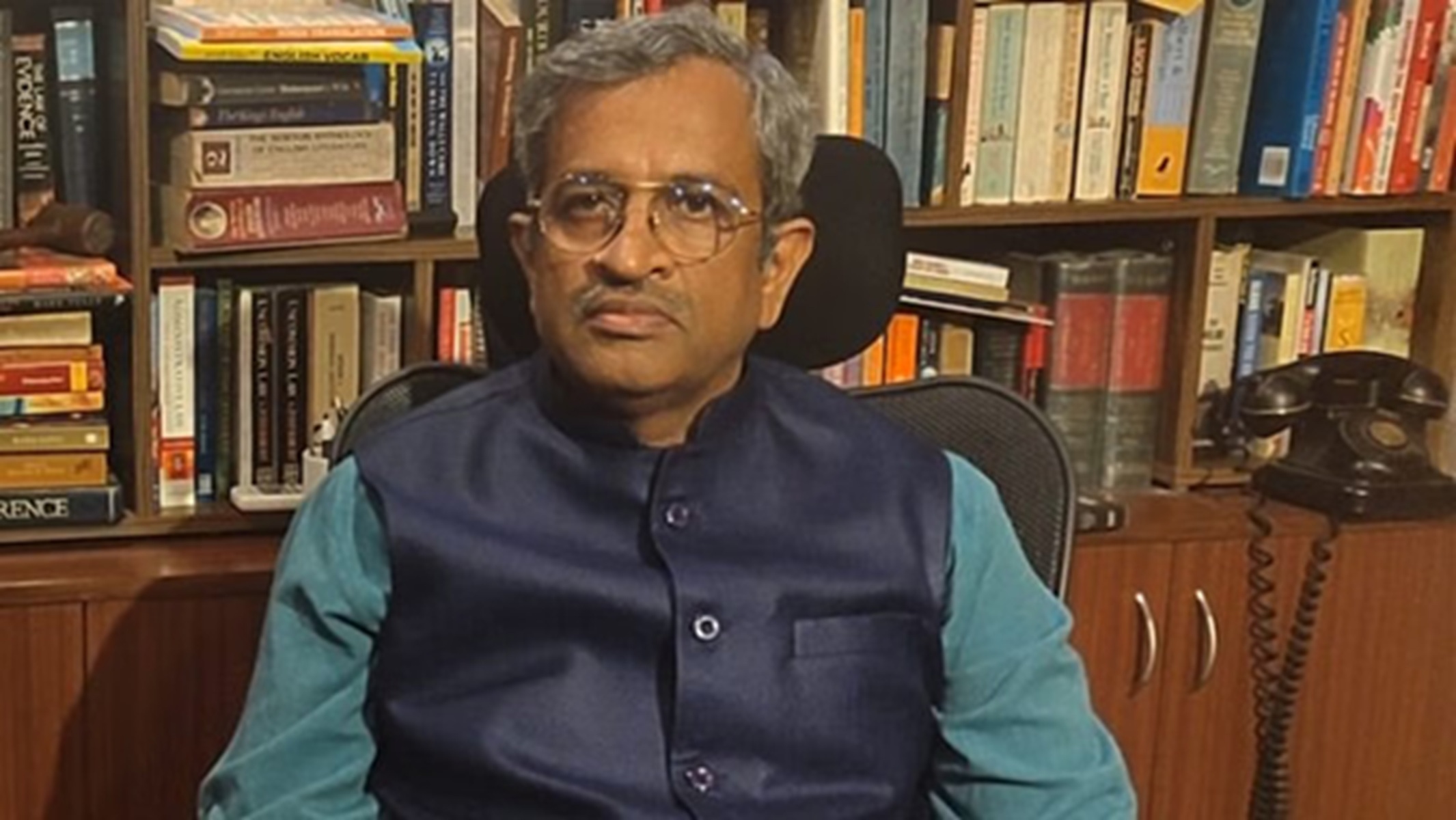The credibility of the Election Commission of India (ECI), a constitutional body historically known for its independence and autonomy seriously risks an erosion of its credibility. This was senior advocate, Supreme Court Sanjay Hegde on Saturday, September 6, speaking at ‘Gauri Day 2025’ at the annual public lecture on the occasion of Gauri Lankesh’s brutal assassination held at Gandhi Bhavan in Bengalury. Addressing the audience on “SIR and the Role of the Election Commission of India: Is Democracy in Peril?” Hegde cautioned on the fact that the institution is increasingly being viewed as partisan. Elaborating on the theme over 40 minutes, Sanjay Hegde remarked that the Election Commission “appeared more focused on exclusions that disproportionately affect minorities and the poor.”
“An Election Commission bent on striking off names is bound to disenfranchise large sections of undocumented and vulnerable citizens,” he said, adding that this undermines trust in the fairness of elections.
Pointing out that the credibility of the Commission has historically been the backbone of India’s democratic resilience, he criticised the current system of appointing Election Commissioners, where the government retains decisive control, despite the Supreme Court recommending the inclusion of the Chief Justice of India in the process. “If the Commission is seen as partisan, the public will view elections as a fixed match,” Mr. Hegde warned.
The lecture traced the historical background to Citizenship and why the election commission’s doings first in Assam (over the exclusions in the National Register of Citizens –NRC and now the SIR) in Bihar are now spreading a fear and panic. The ongoing Special Intensive Revision (SIR) process since June 2025 has faced criticism politically and even in the Courts, where judicial orders have had to be resorted to, to ensure a measure of accountability and inclusion.
Journalist Dinesh Amin Mattu described the current controversies surrounding electoral processes as “symptoms” of a deeper malaise within India’s election system. Speaking on electoral accountability, he noted that while debates once centred on EVMs and now on voter rolls, the underlying problem was the lack of structural reform. “The real issue is not just in Bihar or elsewhere; it is the larger disease that has crept into the system,” Mr. Mattu said.
In the panel discussion that followed, activists and civil society representatives voiced concerns over large-scale exclusions from electoral rolls in Bihar and the continuing uncertainty around the National Register of Citizens (NRC) in Assam. Participants flagged the notification of a “special intensive revision” of voter lists in Bihar as deeply flawed, noting that it seeks to weed out “illegal immigrants” — a mandate that goes beyond the Election Commission’s role. Concerns were also raised about privileging certain groups such as bureaucrats and sportspersons while subjecting ordinary citizens, especially minorities, women, and migrant workers, to scrutiny. Teesta Setalvad, co-convenor of Vote for Democracy (VFD) led the panel discussion with participation from Tara Rao from Edelu Karnataka.
A lively discussion on what lay in store for Indian democracy followed. Opposition parties from Bihar like the Rashtriya Janata Dal (RJD) and Indian National Congress (INC) have over the past two and a half weeks been conducting a ‘Voter Adhikar Yatra’ in Bihar. Meanwhile independent journalists and Digital Platforms, including You Tubers have been reporting on the ground on gross anomalies and errors in the manner in which the SIR that has –initially excluded a staggering 65 lakh persons—been conducted. The Supreme Court is currently still hearing the matter. On claims of ‘weeding out 3 lakh illegal immigrants’ and those who are ‘dead’ or ‘permanently shifted’, or have ‘duplicate voter cards’ in fact, marginalised communities –Dalits, Muslims and women from across the spectrum face the serious threat of being denied their constitutional right to Universal Adult Franchise under Article 326 of the Constitution.
Journalist Gauri Lankesh’s immediate family, Kavitha Lankesh and her neice Esha Lankesh were present on the occasion.
Related:
From Whispers to Shouts: How India’s voter roll irregularities are finally being heard
Rahul Gandhi alleges ‘Vote Chori’ in 2024 polls, accuses BJP-ECI nexus of systematic electoral fraud
Election Commission of India says voters’ names not to be removed without prior notice

